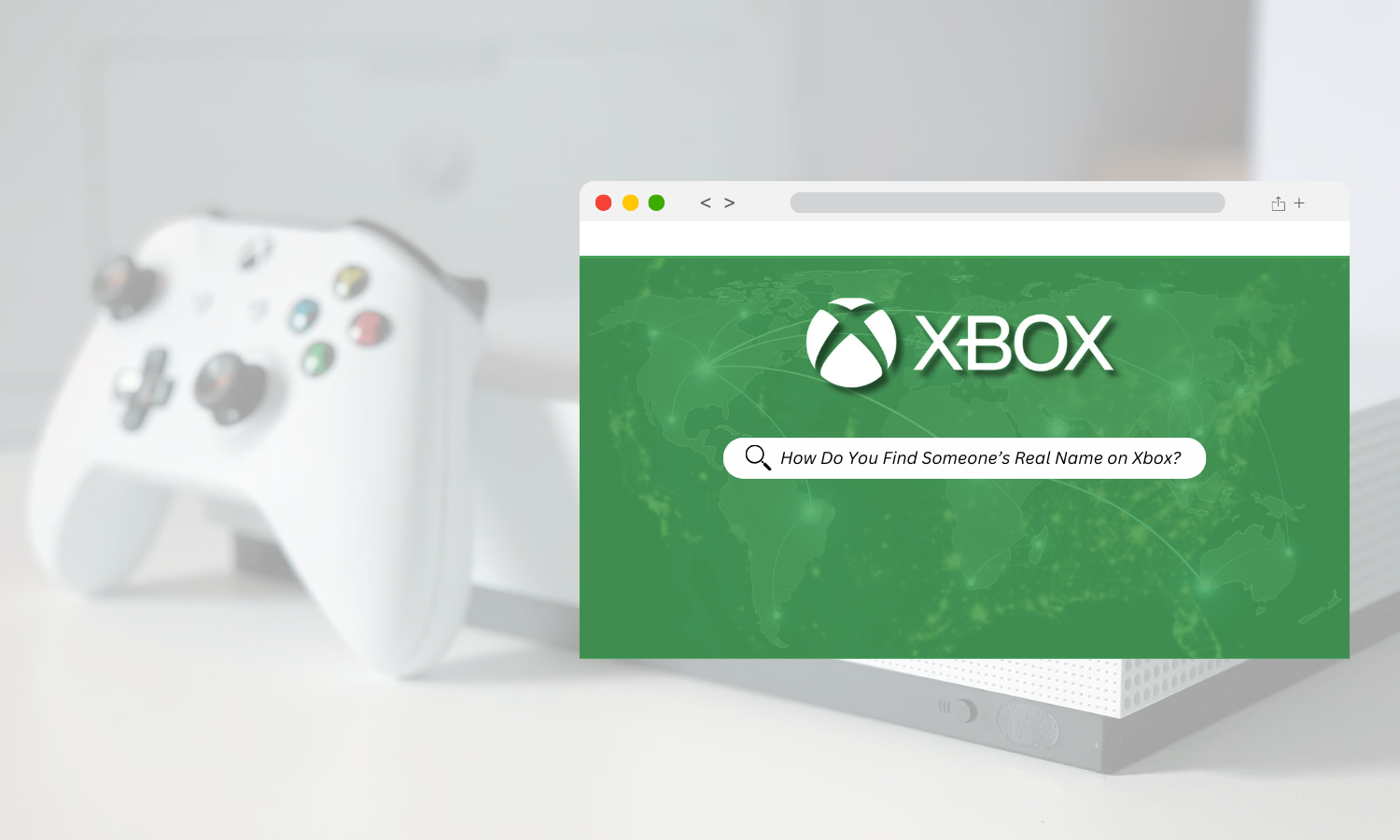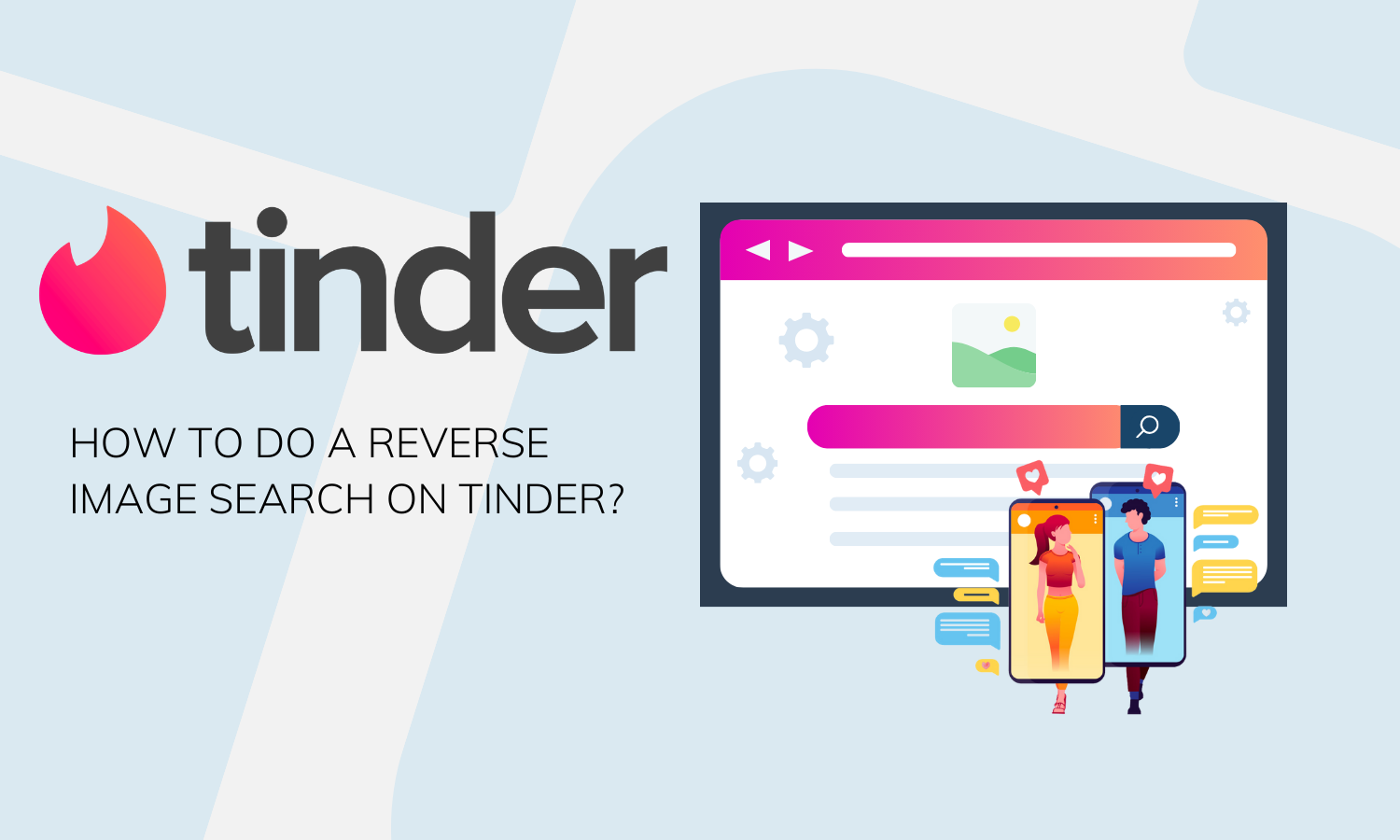

Updated · Jan 10, 2024
Updated · Oct 04, 2023
Sirisha is a networking enthusiast with a bachelor's degree in computer science and engineering. She... | See full bio
Girlie is an accomplished writer with an interest in technology and literature. With years of experi... | See full bio
Users increasingly use Virtual Private Networks (VPNs) to protect their online activities from ISP tracking. In 2020, 99% of individuals were subjected to password spraying, prompting increased use of VPNs to safeguard their data from ISPs.
ISPs can track and record internet activity, endangering users' privacy and personal data. They can throttle data, reduce internet speed, and hinder website access. As a potential target of hackers, protecting privacy requires proxy servers, encrypted browsers, and VPNs.
A VPN encrypts confidential data and conceals your IP address. It's one of the most popular ways to protect and secure yourself online.
Keep reading to learn more about VPNs, how they can hide you from your ISP, and other related information.
|
Key Takeaways 🔑Learning how VPNs encrypt data to hide online activities and prevent ISP from tracking them. 🔑Discovering what information are vulnerable to the prying eyes of hackers and ISP when users do not use VPNs. 🔑To explore the general benefits of using VPNs and how users can use them. 🔑Providing VPNs available in the market and its exceptional features and price range. |
Virtual Private Networks (VPNs) can hide online activities by masking IP addresses and encrypting data, ensuring anonymity and protection. The VPN server's IP address is associated with your activity, preventing direct information transmission from your ISP.
When a VPN connection is enabled on a device, all web requests are routed through a VPN server and a conduit before reaching the target server. After processing a request, the data returned to the device undergoes the same VPN connection and routing procedure.
Consider the following processes to understand how a virtual private network operates:
These procedures work together to protect your data from your internet service provider and other parties attempting to intercept it.
|
💡Did You Know? The earliest VPN protocol is the Peer-to-Peer Tunneling Protocol (PPTP), created by Microsoft software developer Gurdeep Singh-Pall in the middle of the 1990s. This helped establish VPNs. |
Learn what information your ISP can access if you don't use a VPN now that you understand how they operate.
ISPs are required by law to retain customer data and monitor online activity for specified periods, which is beneficial to governments and law enforcement for preventing terrorism and conducting criminal investigations.
If you don't use a VPN, your ISP can monitor and log the following:
|
💡Did You Know? Occasionally, certain ISPs (Internet Service Providers) prevent consumers from accessing websites while browsing the web. In truth, depending on your region, ISPs, governments, or even websites will occasionally ban content. You can view this prohibited content using a VPN. |
Read on to learn more about the benefits of using a VPN and how it can secure your data.
Aside from hiding your ISP and IP, VPNs can also conceal other information when browsing the web, allowing you to communicate and receive data on public internet networks more privately.
Here are the primary things a VPN hides:
A VPN can hide your location by connecting you to a server in another country. Suppose you are in California but connect to a Florida server. In that case, anyone monitoring your connection will think you are in Florida.
Additionally, spoofing your location enables you to:
When you share or download files, your identity isn't private. Your IP address is the first element in your ISP's data detector since you use too much bandwidth. A VPN is advantageous for preventing your ISP from discovering the files you've downloaded through encryption.
Although reputable VPNs have a zero-logging policy, some have additional methods to detect illegal service use. Always avoid accessing content that may infringe upon the intellectual property rights of a third party.
Generally, you should ensure that your VPN has a zero-logging policy. Thus, you can be confident that your VPN data will stay in the right hands.
Cybercriminals use unsecured public WiFi networks to break into your connection. These are mainly man-in-the-middle attacks and can take many forms, including DNS masquerading and session hijacking. It can capture sensitive data, such as:
A VPN protects you from these attacks and conceals your personal information by encrypting your data.
It employs a secure tunneling process and impenetrable 256-bit AES encryption for added security. Even the quickest and most intelligent computers would have difficulty breaking this encryption.
The code can protect sensitive and essential data from data breaches, malware attacks, and other online hazards, such as:
Streaming and gaming are notorious for consuming enormous amounts of data—your ISP's worst nightmare, as data-intensive activities burden its network. ISPs typically restrict bandwidth during data-intensive activities.
Hiding your streaming activity with a VPN can increase your streaming activity. Once the VPN masks your IP address, your ISP cannot monitor your online activity or throttle your bandwidth. Thus, you can play online games with your peers whenever you choose.
Bandwidth throttling occurs if you've encountered slow internet speeds on websites, and your ISP is responsible for this delay.
Encrypting the device's internet traffic is how VPNs work to minimize slow connections. This prevents anyone on the same network from observing the content of your web traffic and hiding its destination.
VPNs allow users to access geo-restricted services like Netflix and other providers. It can alter your IP address to make it appear like you are browsing from a location or region that permits Access.
Consulting your streaming service's Terms of Service to determine what is permitted and adhere to those guidelines is necessary. Also, some countries may punish VPN users who circumvent their laws.
A VPN can reduce long-distance phone costs. As an alternative to connecting to a company's intranet via remote access servers and dial-up networks, you could connect to your local ISP access point.
As businesses expand, so do the costs of constructing a dedicated private network. Internet-based VPNs enable enterprises to utilize existing network lines and capacity, potentially enhancing remote and international locations' reach and service quality.
Some VPNs enable users to bypass geographical restrictions. Certain nations, for instance, restrict or prohibit access to websites, such as social media platforms, or censor certain content.
A VPN can help you obtain access by making it appear that your traffic originates from a different location. Remember that it is the user's responsibility to determine whether a VPN is legal and to conduct legal research before VPN use.
Upon knowing the critical information about VPNs, it's time to learn about the best VPNs on the market.
A VPN can protect you from cybercriminals, enable you to browse the web anonymously, and bypass geo-restrictions to access video streaming content from outside your country.
It's important to remember that not all VPN providers are the same. When searching for the best VPN service, seek out:
If this is your first time using a VPN, choosing a service that meets your needs can be complicated. Look for a VPN that offers competitive pricing and a money-back guarantee.
|
✅Pro Trip: Look for a VPN whose services include antivirus or malware protection. Utilize VPNs that provide security suites that cover both privacy and security. |
You can choose one of the best VPNs available on the market from the list below:
This VPN service is fast and secure, offering various special features. Combining AES-256 encryption, an ad and malware blocker, and double VPN services, also known as multi-hop connections, it is one of the most secure VPNs available.
The robust collection of add-ons for your VPN plan from NordVPN includes:
Price: $67.35 per year, including six simultaneous connections
ExpressVPN had among the fastest connection speeds of any VPN service. It is unrivaled in terms of security and usability, providing an intuitive VPN application with advanced technology operating in the background.
ExpressVPN's patented Lightway protocol improves performance without compromising security or AES-256 encryption. However, it has limited commercial functionality. There is no business-specific tier, and it lacks features such as a dedicated IP address.
Price: $99.84 per year
TorGuard is a highly customizable VPN service whose users chant its praises in chorus. TorGuard offers a variety of privacy features and services that are bundled into distinct subscription tiers based on your intended usage:
Price: $29.99 for the first year.
A direct IP address add-on is also available for $3.99 per month, making it the cheapest direct IP address on our list of the top VPNs.
The table below summarizes the distinctive features and prices of NordVPN, ExpressVPN, and TorGuard.
VPN Features |
 |
 |
 |
|
Anonymous Browsing |
|||
|
DNS Leak Protection |
|||
|
Kill Switch |
|||
|
Multi-Language |
|||
|
Multi-Protocol |
|||
|
Peer-to-Peer |
|||
|
Policy Management |
|||
|
Remote Access |
|||
|
Pricing |
$3.29/month |
$6.67/month |
$9.99/month |
|
Free Trial |
VPNs benefit our privacy significantly, but they could be better. There are things that VPNs cannot do.
Regardless of how inexpensive and promising the VPN's features are, there are limitations.
Continue reading to discover these limitations.
Even the finest VPNs cannot ensure your online anonymity. Your browsing behavior can still expose your identity in ways your VPN provider cannot prevent.
If you are signed into their respective services, it cannot prevent Google and Facebook from monitoring your activity.
|
📝Note: Consider carefully everything you post or share online. Setting privacy limits and turning off unnecessary checkboxes and icons to protect your privacy is preferable. |
Advertisers also use a collection of techniques to monitor your online activity. These consist of the following:
Misunderstanding a VPN's limitations can lead to the mistaken belief that you are untouchable online.
While VPNs provide essential protection against surveillance and man-in-the-middle attacks, they do not protect against every cyberattack, meaning they are not a panacea.
Using a VPN will not shield you from the following:
|
👍Helpful Article: To know more about malware, check out Techjury’s article on How Many Spyware and Malware Attacks Are There in 2023? |
Your connection speed will almost always slow significantly while using a VPN service. This is so that your connection to the internet can take a longer path through the VPN server you've chosen once the VPN is started.
High-quality VPNs can dramatically slow down downloads and increase latency. Suppose your Internet connection is already slow, and you're torrenting, streaming, or playing a game that demands a lot of speed. In that case, this might be a big problem.
VPNs encrypt all internet traffic, hiding your browsing history from your ISP. However, your ISP is aware of your activity. Since your encrypted communication is bound to a VPN server's IP address, they may be able to detect how long you've been connected.
They may see web traffic volume but not the content you are accessing.
VPN obfuscation is one of the many ways to improve protocols and gain additional benefits. Obfuscated servers function as unique VPN servers that conceal your data and the fact that you're using a VPN.
Even though VPNs are good at masking your browsing history, they have many restrictions. It is always recommended to use caution because maintaining your privacy is still your responsibility.
|
👍Helpful Article: If you want to know the key differences between personal and business VPNs, this Techjury article is worth reading. |
Your email address will not be published.
Updated · Jan 10, 2024
Updated · Jan 09, 2024
Updated · Jan 05, 2024
Updated · Jan 03, 2024




